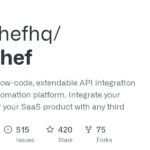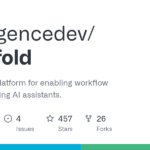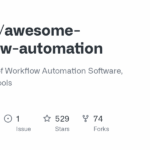mini agi
Basic Information
MiniAGI is a compact autonomous agent implementation that runs locally and interacts with OpenAI models (GPT-3.5-Turbo and GPT-4). The repository provides a runnable Python agent (miniagi.py) that accepts a natural-language objective and attempts to achieve it by using a small set of tools, short-term memory with summarization, chain-of-thought reasoning, inner monologue and optional self-criticism. Installation instructions and a minimal environment setup are included; Python 3.10+ is required and dependencies are installed via requirements.txt. The agent can execute Python and shell commands, perform web searches, read and write files, and interact with APIs when credentials are provided. The README includes multiple worked examples demonstrating tasks like drawing images, creating websites and games, scraping and summarizing content, generating PDFs, performing basic analyses, and automating multi-step workflows. A safety and privacy advisory warns about potentially harmful suggestions and use of third-party APIs.








